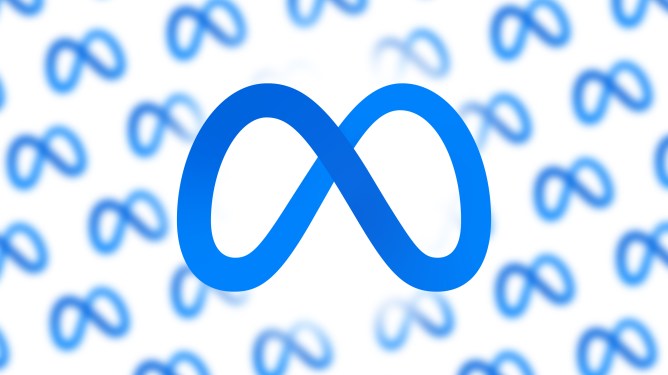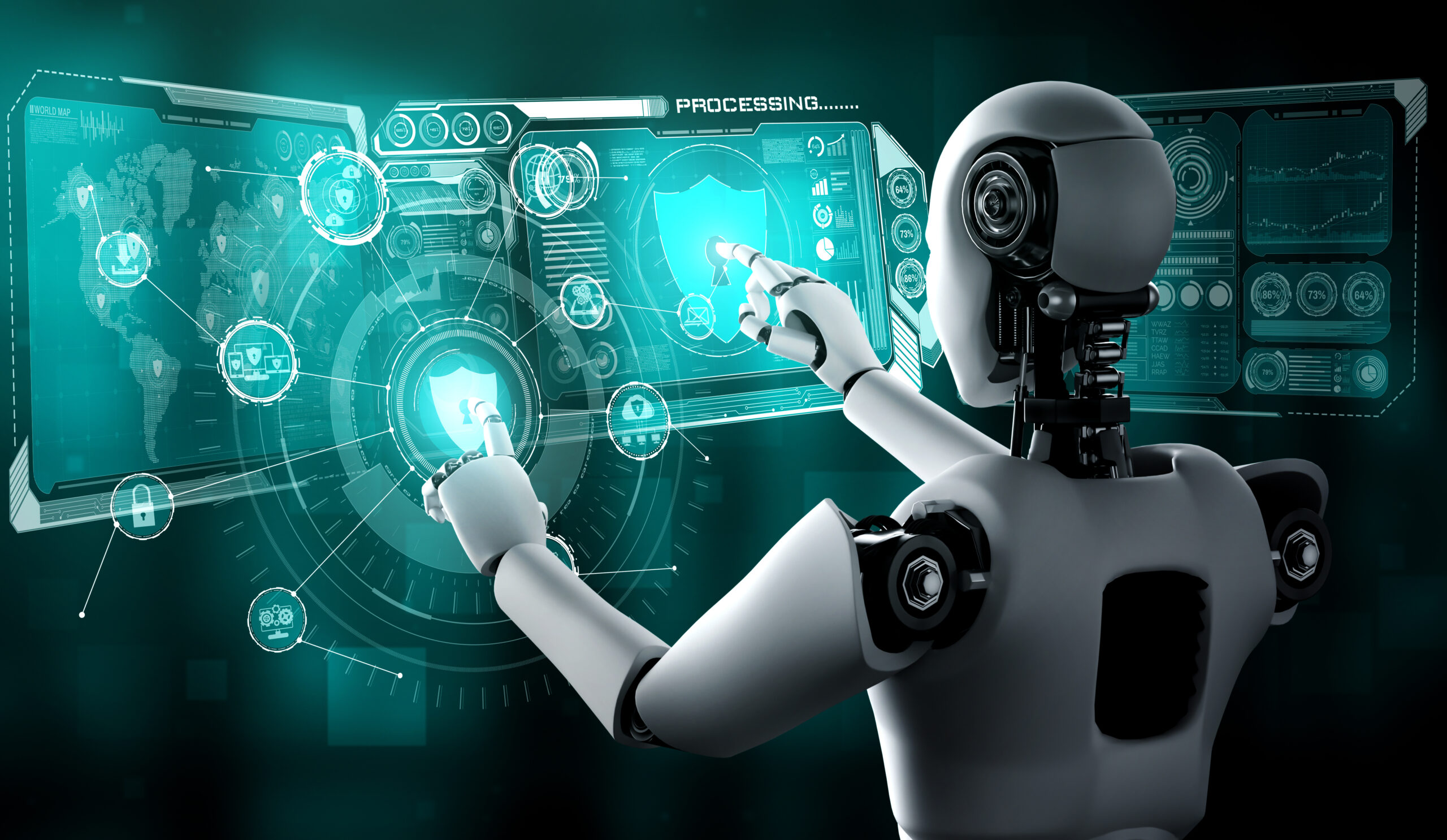Meta’s V-JEPA 2 Model Revolutionizes AI Understanding of the Physical World

On Wednesday, Meta introduced its groundbreaking AI model, the V-JEPA 2, designed to enhance AI agents’ comprehension of their surroundings. This innovative model acts as a ‘world model’ and extends the capabilities of its predecessor, the original V-JEPA, which was trained on an impressive one million hours of video data. Such extensive training is essential for developing AI systems that can effectively interact with the physical environment, enabling them to grasp concepts like gravity and motion in real-time.
The V-JEPA 2 is poised to toggle the future of robotics, making it 30 times faster than competitors like Nvidia’s Cosmos model. This enhanced speed promotes rapid learning and reasoning within AI agents, allowing them to perform tasks more efficiently. According to Meta’s Chief AI Scientist, Yann LeCun, this leap in capability allows robots to assist with daily chores and tasks while dramatically reducing the need for extensive datasets traditionally required for robotic training.
In practical scenarios, V-JEPA 2 enables robots to interpret their actions intuitively. For example, if presented with a plate and a spatula while approaching a stove with cooked eggs, the AI would seamlessly deduce that the next logical action is to transfer the eggs using the spatula. These types of instinctual connections are reminiscent of how young children and animals learn to navigate their environment.

LeCun elaborates on the significance of world models, asserting, “We believe that world models will usher in a new era for robotics, enabling real-world AI agents to support us without relying on astronomical amounts of robotic training data.” This statement emphasizes the paradigm shift that V-JEPA 2 represents in the relentless progression of AI technology.
With advancements such as these, the boundaries of AI capabilities continue to expand, ultimately transforming how we interact with technology in our everyday lives. As Meta forges ahead with its vision, the implications of the V-JEPA 2 extend beyond just improvement in speed and efficiency; they hint at a future where AI can independently learn and adapt within dynamic environments. This marks a significant milestone in the journey to create truly autonomous intelligent systems.
For more on advancements in AI robotics, check out our articles on best AI tools for sales and AI innovation in education.
